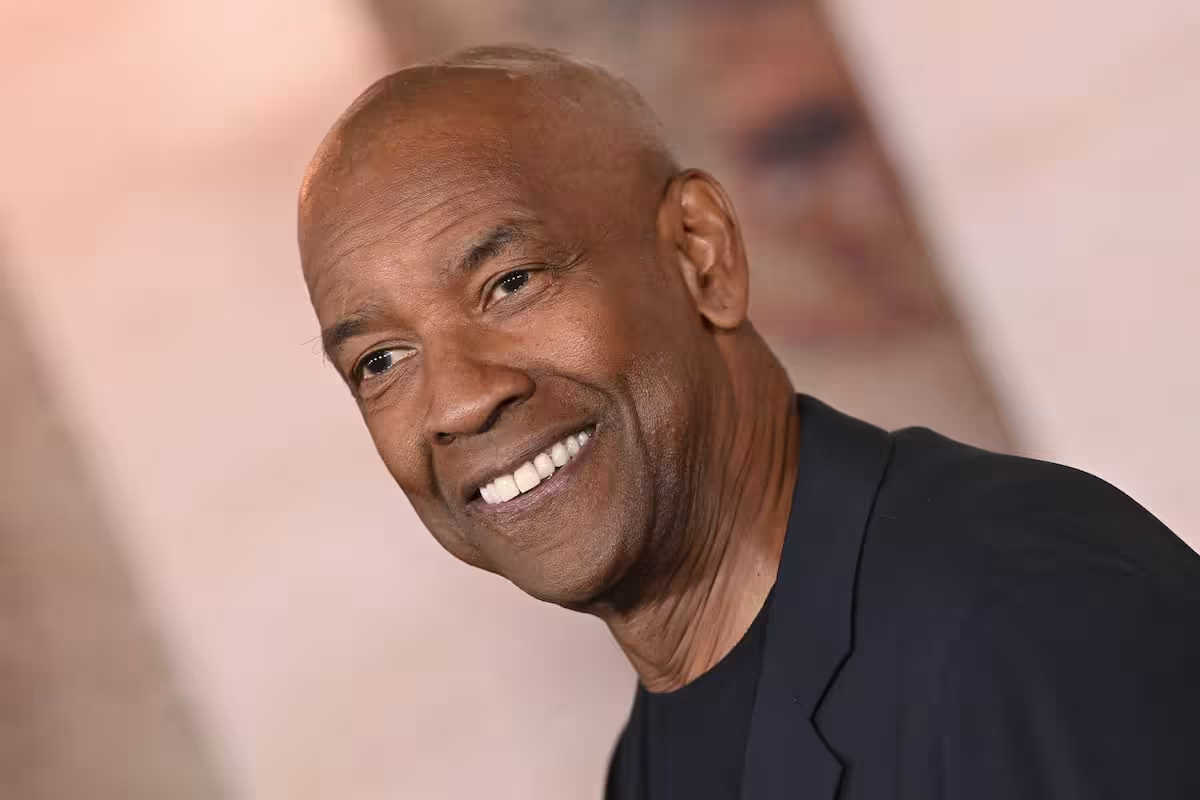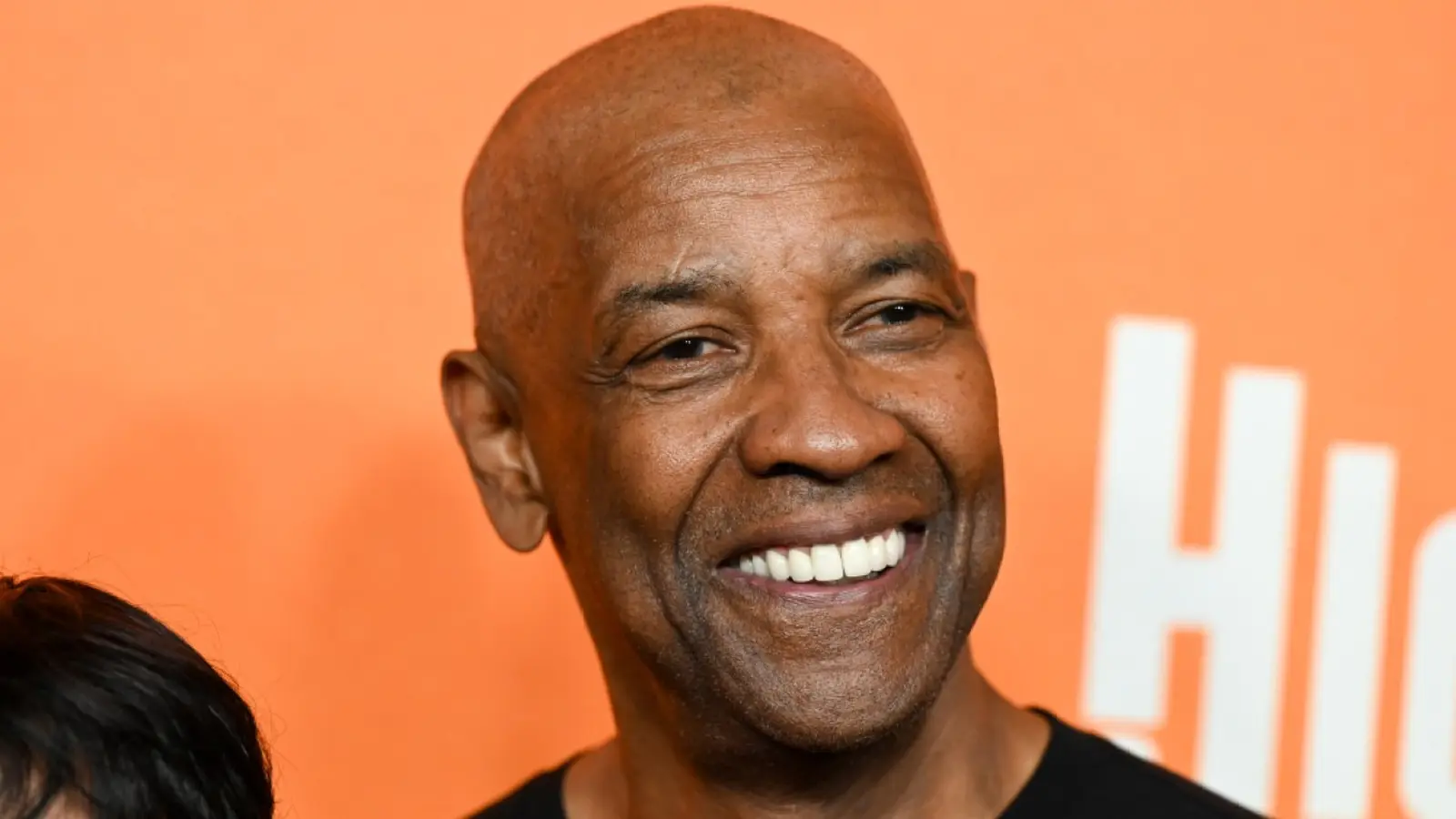5 Minutes
Denzel Washington: ‘I don’t watch movies’ — a surprising confession
In a candid GQ video interview with director Spike Lee and co-star A$AP Rocky, Denzel Washington made a blunt admission that caught fans and industry insiders off guard: after four decades on screen, he no longer watches films for pleasure. The two-time Oscar winner — whose screen career stretches back to 1981’s Carbon Copy and includes well over 40 credits — told Lee, “I don’t watch movies, man. I really don’t. I don’t go to the movies. I’m tired of movies.” When pressed on how many he’s made, Washington quipped, “Too many. I think 50!”
What this means for a storied career
That confession lands oddly next to the release of Highest 2 Lowest, the fifth collaboration between Washington and Spike Lee after Mo’ Better Blues (1990), Malcolm X (1992), He Got Game (1998) and Inside Man (2006). The new film — playing in select theaters now and streaming on Apple TV+ starting Sept. 5 — reunites an actor and a director who have shaped American cinema for decades. Yet Washington’s detachment from watching movies signals something larger than just personal fatigue: it reflects a veteran artist re-evaluating how he consumes and creates culture in an era of unprecedented content volume.
Comparisons and creative context
Washington’s remarks echo patterns seen with other long-career actors who distance themselves from mainstream film culture to preserve creative energy. Think of Clint Eastwood’s turn to directing and selective acting roles, or Meryl Streep’s careful curation of projects in later decades. Spike Lee’s collaborations with Washington have historically mixed social commentary and theatricality — Malcolm X remains a landmark biopic while Inside Man showed Lee’s capacity for mainstream heist thrills. Highest 2 Lowest lands somewhere between those poles: personal, tense and tailored to filmmaker-actor shorthand.
Industry backdrop: awards, streaming, and creative overload
Washington’s take on awards — that he doesn’t act for Oscars and that “Man gives the award. God gives the reward” — has been consistent and viral in recent months. His comments arrive amid seismic shifts in distribution: theatrical windows are shrinking, streaming platforms like Apple TV+ make films instantly available to global audiences, and the sheer volume of releases can overwhelm even the most devoted cinephile. For a prolific actor who’s made dozens of films, the constant churn can breed fatigue rather than inspiration.

Behind the scenes and fan reaction
Highest 2 Lowest also features the unexpected casting of A$AP Rocky, signaling how modern films blend traditional star power with cross‑platform pop culture figures to attract younger streaming audiences. Fans have responded with a mix of surprise, support and concern: some applaud Washington’s honesty about creative burnout, while others worry the industry is losing its elder statesmen’s engagement as content scales up.
Expert perspective
"Veteran actors often recalibrate how they engage with cinema as the industry evolves," says Marko Jensen, a film historian. "Washington’s remark isn’t a rejection of film as art so much as a reaction to an era when quantity often overshadows craft. His collaborations with Spike Lee show he still chooses projects with intention."
Trivia and talking points
- Denzel’s first credited film role: Carbon Copy (1981).
- Highest 2 Lowest marks Washington and Lee’s fifth feature together.
- The film will stream on Apple TV+ shortly after a limited theatrical run — a release strategy common in 2020s Hollywood.
Conclusion: What Denzel’s honesty tells us about the future of cinema
Washington’s blunt statement — "I’m tired of movies" — functions as a provocation as much as a personal revelation. For film lovers and industry watchers, it raises questions about how artists sustain passion in a content-saturated age, and how studios, streamers, and creators might re-balance quality over quantity. Whether Washington returns to avid movie-watching or continues to curate his involvement, his legacy — and films like Highest 2 Lowest — remain important touchstones in contemporary cinema.
Source: variety



Leave a Comment